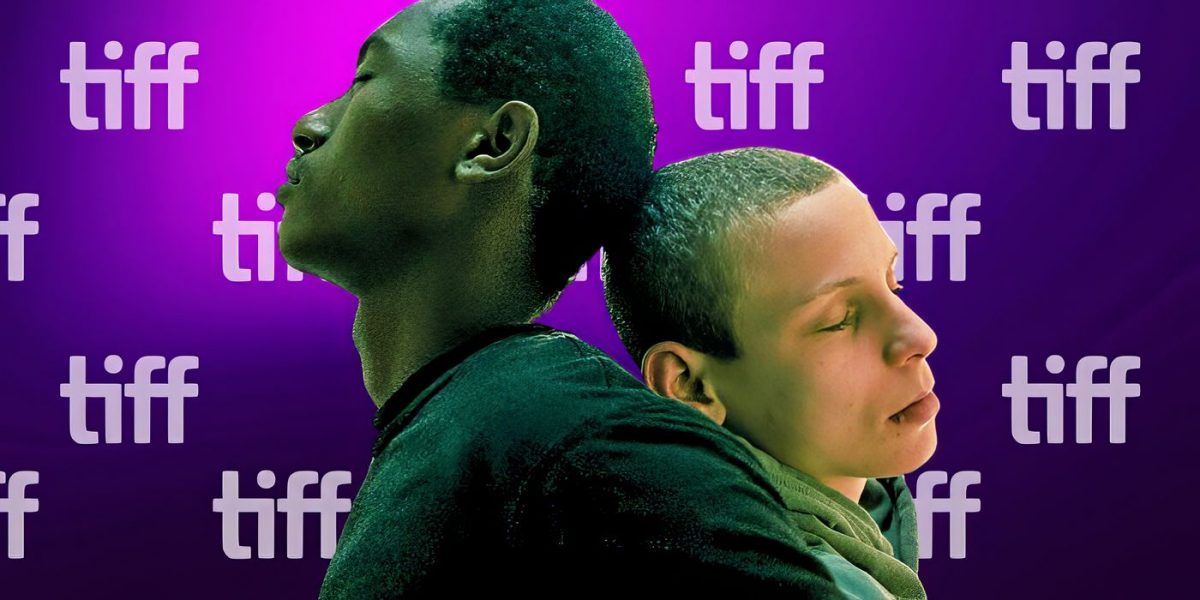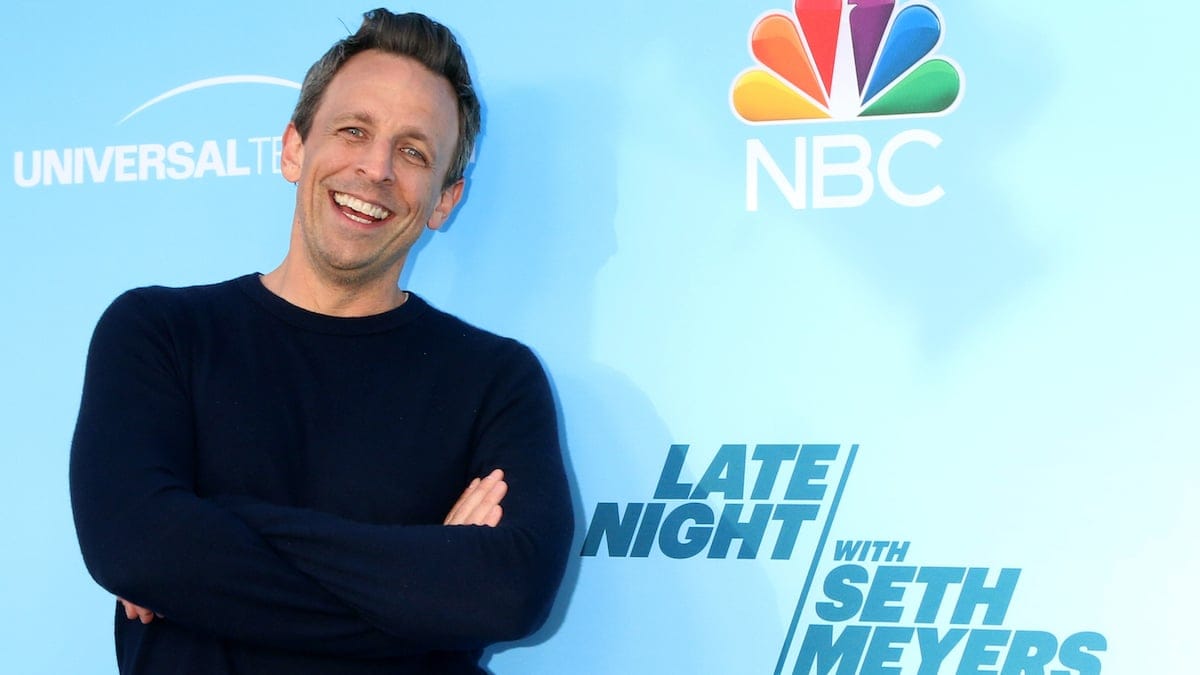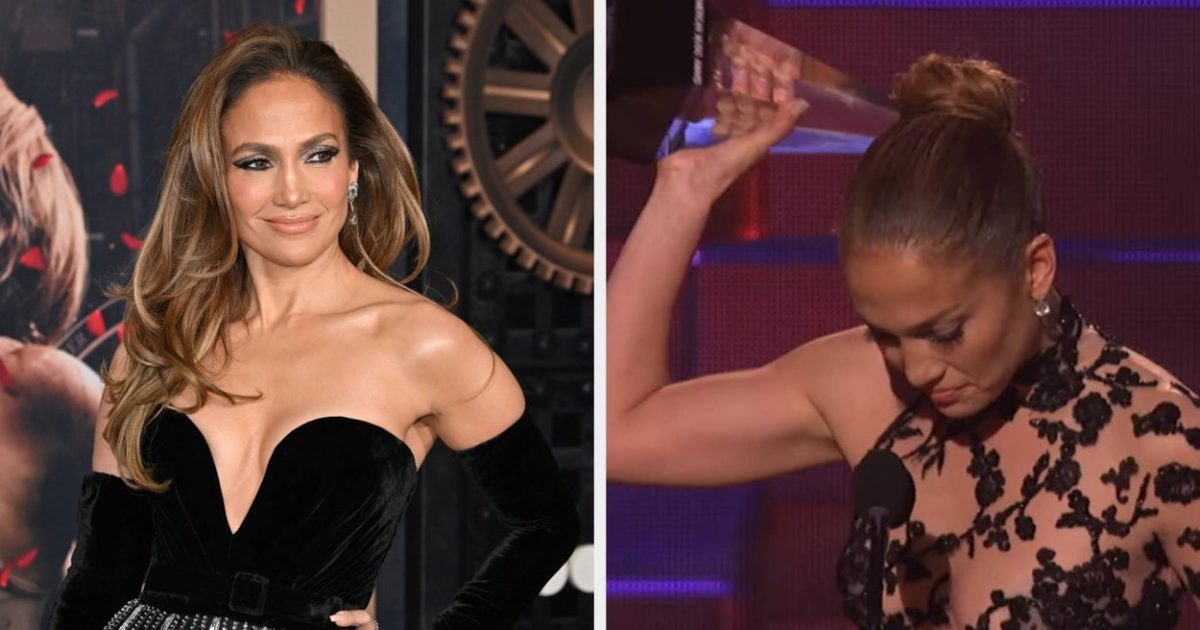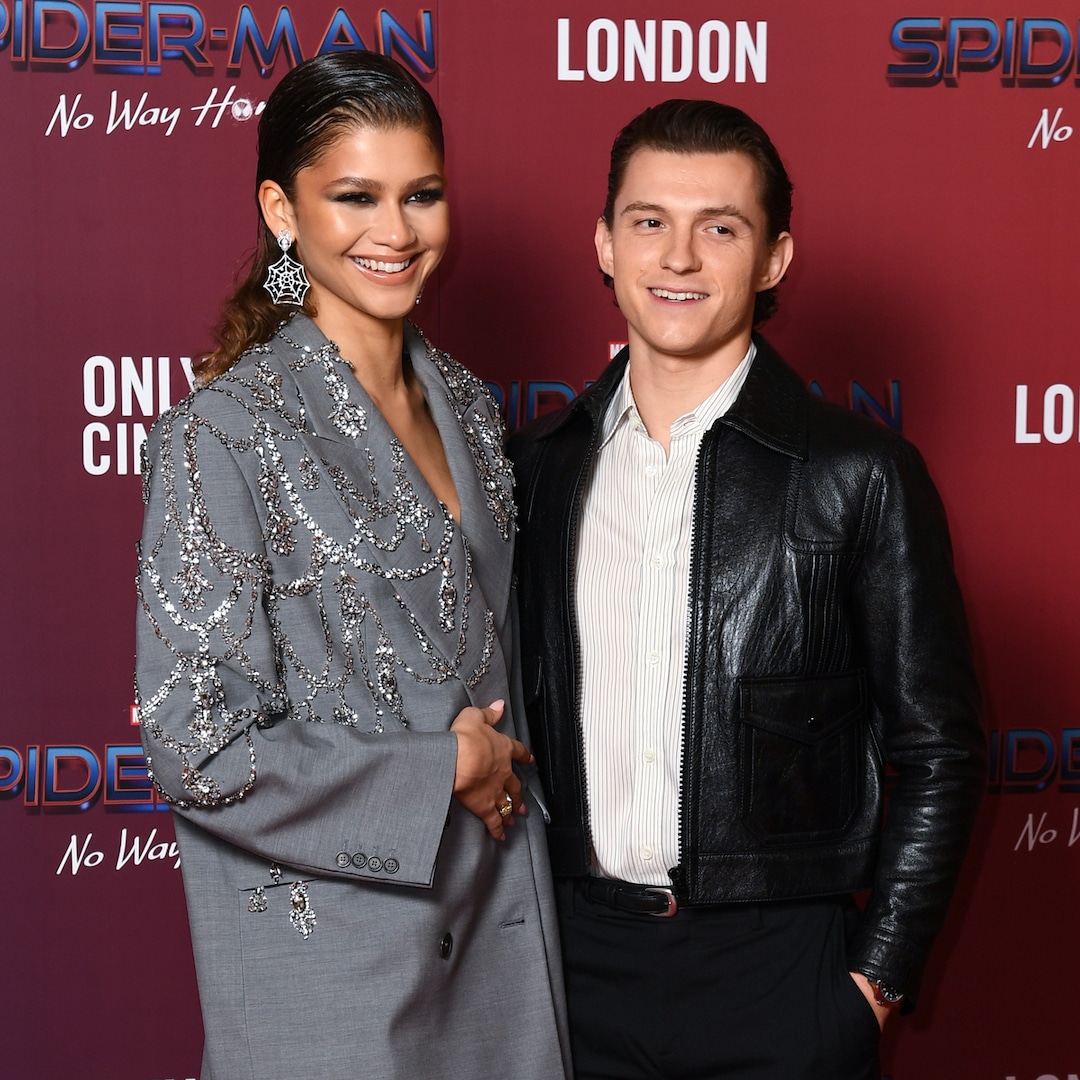
Euphoria Creator Ron Leshem on His New Prison Series Bad Boy
Sep 23, 2023
The Big Picture
Bad Boy is a series based on the true story of a stand-up comedian in Israel who spent his youth in a juvenile correctional facility. The show combines elements of drama, humor, and suspense to tell the story through the eyes of the comedian, with a focus on his childhood trauma. The creators envision Bad Boy as a multi-season series, but the first season, consisting of eight episodes, is a love story between the comedian and the person he was supposed to kill, who becomes his soulmate. The series is still a work in progress and has not yet been released.
At this year’s Toronto International Film Festival, the mind behind the Israeli series that inspired HBO’s Euphoria, screenwriter Ron Leshem, visited Collider’s studio at the Cinema Center by MARBL to talk with Editor-in-chief Steve Weintraub about co-creating his latest series Bad Boy. Leshem joins series director and co-creator Hagar Ben-Asher to discuss bringing this true story to life and the creative liberties inspired by the man himself.
Sharp-witted Dean (played by Guy Menaster) puts up a cool front. Typically he’s unfazed by authority, but when correctional officers burst through his bedroom door and haul him off to a juvenile center, his life is forever changed. Taken from his mother’s home in the middle of the night exposes Dean’s vulnerabilities, especially within the walls of the detention center. While being shown his new living quarters, Dean notices a boy, Zoro (Havtamo Farda), in solitary confinement and is told the young man is psychotic, a killer. On his first morning, when Dean wakes to a nightmare, he’s thrown into solitary confinement himself, and the two boys’ lives become intertwined. Years later, Dean (Daniel Chen) is an established comedian, but his past still has the power to undo his present.
The duo discusses working with the real-life inspiration behind Bad Boy, Daniel Chen, who plays himself in the time jumps, to most accurately depict the childhood trauma while maintaining his “explosive imagination and humor.” They talk about how this series was what the original Euphoria was meant to be, why studios weren’t ready for it, whether we’ll be getting a Season 2 for Bad Boy, and why they wanted to film in Hebrew. Check out all of this and more in the video above or you can read the full transcript below.
COLLIDER: Clearly when you were making this you definitely thought, “We are gonna premiere at TIFF. This is where we’re going with this.”
HAGAR BEN-ASHER: [Laughs] Indeed.
I hate starting with the generic thing, but no one watching this yet will have seen it, so how have you been describing the show to friends and family?
BEN-ASHER: So I’d say it’s the best show that you ever saw in your life, right? That’s how we start. It’s a show based on the true story of a stand-up comedian in Israel. This guy spent his entire youthhood in juvie, and the beauty of his story is that he became a stand-up comedian in prison. So basically, it’s a juvie show, but told through the eyes of a storyteller, of a comedian, with the perspective of humor. That’s how I tell it to my friends and family.
Image via Photagonist at the at Collider TIFF Media Studio
For people that don’t realize, you created Euphoria, and it lasted for one season, so with this, did you guys envision this as a one-season show, or is this one of these things where when you pitched it and wanted to get it made and you were thinking, “This is two years, three years…” How did you envision it?
RON LESHEM: No, it’s multi-season, but the crazy thing is that when we pitched Euphoria the first time—it was 12 years ago, it was hard to make—it was this show. It was a juvie prison, but everyone felt, especially the network, that the audience was not ready or something, but it stayed with us. So in a strange way, there are many similarities.
I’ve seen the first two episodes, and each episode sort of ends on a cliffhanger, if you will, and definitely surprising things happen. How much is it where the whole season, like every episode, you wanted to end on a reason to push play for the next episode?
BEN-ASHER: It pretty much carries this suspense element. I think that more than anything, we want the audience to engage, obviously, with the characters and the sensibility of the characters and their relationships. But there’s always a very intense dramatic element to each and every one of the episodes.
Also, the series, the first season, assuming you get to make more, is eight episodes. How did you decide on eight? Was it ever going to be six? Was it ever going to be 10? How did that number get figured out?
LESHEM: You know, we changed our minds like every day, but for a while it was six, it was 10, it was everything. Part of the thing, I think, is especially in a world where Hollywood itself is making 600 shows a year, drama series a year. Drama isn’t worth anything if you’re not taking risks and you’re bold and you’re reinventing genres. So, I think every episode is a bit different in the sense that we were trying to reinvent the genre. The journey itself, when we were sitting with the guy who was behind the real story—and again, it’s a stand-up comedian…he’s becoming famous now and the kids who were in jail with him are knocking on his door, and he was hiding this fact—we were sitting with him, and the stories are endless. It can be five seasons, like we can write five seasons before the festival ends, we are so passionate about this story, but we needed to find, “What is the thing that we want to start with and we’re most excited about?” How you work in television is such an intimate collaboration, each of us would bring what he feels the urge to tell.
For example, I was really obsessed from the beginning with a relationship between a son and a mother in all its forms…and it was a lot about the mother and son thing. I think Hagar was really excited about some other elements. So, you’re building a season, you’re building a journey. In this case, the first season is rather a love story in a sense, not sexually, maybe, but a love story between him and the one person he’s supposed to kill in order to stay alive, but he finds himself as his soulmate, as a lifeline.
Image via TIFF
I just figured out what happens in Episode 3 – I’ve not spoiled anything. One of the things, though, is I thought you did a really good job at building the tension and having a realistic depiction of what could happen to just survive. I’ve heard so many stories about prison, I don’t know how much is true or not, but I got the feeling that it felt very realistic to me. Can you sort of talk about directing that tension and keeping the audience in a heightened state of nervousness?
BEN-ASHER: Well, I think I have a fetish for prisons, and it’s something that I’ve been into if I might say, figuratively speaking, but into for quite a while. Let’s say that just the structure of what a prison is has tension in it, right? So the minute we put a very young kid in such a structure, we create tension no matter what, and I think that’s part of the beauty of the show, that we enter the point of view of a kid entering the scariest place known to mankind. And I think that’s what we wished to depict more than anything, that fear, but at the same time the enjoyment of being a badass boy. I grew up as being a bad boy, and I assume Ron did too, so building the tension through knowing what it is to be a bad boy was pretty much an easy task, let’s put it that way.
How did the series change in the editing room in ways you guys didn’t expect?
BEN-ASHER: It did, obviously. It’s interesting because we knew from the start that we wanted to do a cross-genre thing, something that has surreal moments, something that has very, very hardcore, realistic moments, violent moments, alongside comic moments. I think that what happened in the editing room, eventually, is that we found the perfect balance for that. Obviously, things shifted, some things stayed, some things were removed. I mean, it was a really interesting process because we knew we wanted to do something that was more than just a drama or more than just a funny drama. So it was finding that tone, that very, very specific tone that the show has.
The other thing, though, is you are jumping forward in time and then back in time in the prison as he’s being a stand-up. How did that possibly change in the edit? Was it always scripted the way it is?
BEN-ASHER: Interesting question. We knew from the start that we wanted this sort of structure, that we wanted to have a present line with the guy himself. The one who’s acting is the guy that the stories are based upon, and we knew we wanted to have his stand-up comedy. Now, it’s never easy to intertwine past and present, and I think that what happened in the editing room is that we found this very specific cinematic language to do that in which it will not be just somebody telling his past story because we can rely on his comedy because all his comedy is based on his childhood and his very, very tough life that he had. So, we found a way to use his comedy and his stories to tell the present and then have the past with that. I think that’s a very, very interesting combination because it’s not just a story of a dude telling his life story.
Image via Photagonist at the at Collider TIFF Media Studio
This is based on a real person; where did you feel that you wanted to be honest with this story, like be very realistic, and where did you feel like you could take liberties? Where was that line in the writing and creation?
LESHEM: Much like Euphoria, by the way, the original idea started with the fact that we wanted to do emotional realism, but not specifically realism. You want to find a way to create something that the characters that exist in this world remember this world and imagine this world and their hopes and their wishes. That’s a crazy thing because when he’s telling the story, you can never know if he remembers it correctly, if he’s lying, if he’s imagining. It’s a child who is full of imagination, explosive imagination and humor, and this is the way he remembers the trauma of his childhood. So, we can never know what really happened. Some of the stories are bigger than life and some of the stories are very hyper-realistic, so it jumps with it.
For us, it was taking the guy into our hotel room in London, out of his natural habitat, and taping him for two weeks telling the entire story of his life and his childhood. He’s a kid who was a chess champion, but he didn’t really belong in jail. He was obsessed with being a Stringer Bell type of a guy, like dreaming of becoming a gangster from television because everyone was thinking he funny and he wanted to be frightening and not funny. But he has these stories about, oh, his father was trying to kill his mother, and you never knew if it’s like his imagination or not, right? And we decided to go with it. We’re still working with him. We’re about to shoot next month, we’re still a work in progress. It was very important for us to be here at TIFF, so we came with very early episodes, but Hagar is filming next month.
So you guys aren’t done filming?
LESHEM: No, no.
Oh wow, I thought you guys had already finished the eight episodes.
BEN-ASHER: We’re close.
LEHSEM: Additional filming, you know how it is.
Oh, so principle is done, you’re doing some additional photography?
BEN-ASHER: Yes, exactly.
What is the plan for release for people to see it?
LESHEM: We don’t know yet. We didn’t go out with it to the market at all.
BEN-ASHER: It’s very new.
LESHEM: We have a network in Israel, and the funny thing is that when we started playing with the idea and pitching it, we got awesome offers to create it in English, and we said “We wanna first do it in Hebrew. We wanna do it in Israel.” The freedom that you have there to get crazy, to do whatever you want on drama, and the freedom that we get there was very exciting. So we said, “No, we want to do it in Hebrew.” Every place that would touch a juvie prison, like if it’s France or if it’s California or Florida, it will touch really different themes and social justice issues and whatever, and we wanted to touch the Israeli because I mean, with 12 to 18, you lock together 12 tiny 12-year-old kids with 18-year-old gorillas…
By the way, that’s crazy.
BEN-ASHER: Yes.
LESHEM: Yeah, and it happens in the US in most States, as well, and yeah, they are going to bed cuddling and singing songs from Disney, and a moment later, they’re, like, turning violent killing each other. But the thing is that when you’re doing this it’s a melting pot where, in a beautiful way, they don’t really see race or religion, for example. It’s truly a melting pot; they’re not ruined yet by society and other aspects. We wanted to touch the Israeli side of this, and yet doing an international show with an international studio. So, it’s an interesting journey. We don’t know where it will lead us, but we are happy that we chose this way to get freedom and not do it in the executive Hollywood way.
Image via TIFF
So, it has a release plan or a TV station in Israel.
BEN-ASHER: Yes.
And then it’s a question of what happens with it outside of Israel. I completely understand. When is it gonna air in Israel so I can watch Episode 3?
BEN-ASHER: [Laughs] Winter-ish.
Oh, so later this year. Okay, so it’s not that far away.
BEN-ASHER: Not that far away.
LESHEM: We’ll send it over.
[Laughs] Right, I will appreciate that once you’ve finished filming your additional photography and stuff like that. So, are the people who financed it and made it incredibly happy? Is the plan to start writing Season 2? Are you thinking about that, or you can’t even think about that at this moment?
LESHEM: I think they’re very happy, but oh, thinking of Season 2…
BEN-ASHER: Gosh. No, we have some ideas.
LESHEM: It’s an interesting package because we have SIPUR Studio, which is now the biggest and most prolific studio in Israel, together with North Road…in London and LA, and we have our decades-old partners of HOT as a network in Israel. We did Euphoria with them and Tedy Productions, we need Euphoria with them, so it’s making us feel at home and yet very international, Hollywood standard, and it’s fun.
Bad Boy premiered at TIFF 2023. Special thanks to MARBL Restaurant for hosting Collider as well as the additional sponsors Sommsation, a top wine experience brand and online shop and Molson Coors’ Blue Moon Belgian White as the beer of choice at the Cinema Center. Additionally, Moët Hennessy featuring Belvedere Vodka featured cocktails and Tres Generaciones Tequila.
Publisher: Source link
Jennifer Lopez Finally Understands Mi Gente Latino Meme
Jennifer Lopez Finally Understands Mi Gente Latino Meme Kicking off 2025, J.Lo is now promoting Unstoppable, a new biography drama in which she stars alongside Moonlight actor Jharrel Jerome. At the 2011 American Music Awards, Jennifer won Favorite Latin Artist…
Jan 11, 2025
Tom Holland's Dad Shares Insight Into Zendaya Engagement
Tom Holland became the greatest showman for his proposal to Zendaya. Just days after the Spider-Man actress turned heads at the 2025 Golden Globes with a 5-carat ring on that finger, Tom's dad... Disclaimer: This story is auto-aggregated by a…
Jan 11, 2025
Aubrey Plaza Issues Statement After Jeff Baena’s Death
The 40-year-old star and Jeff’s family issued a statement to People on Monday, where they called their loss an “unimaginable tragedy.”The Los Angeles County coroner’s office previously determined that Jeff died by suicide in his LA home. He was 47…
Jan 10, 2025
Jill Duggar’s Husband Clarifies Where He Stands With Jim Bob Duggar
Jessa Duggar (m. Ben Seewald)Jim Bob and Michelle's fifth child, Jessa Duggar, was born Nov. 4, 1992. Jessa met Ben through church and he began courting her in 2013—the old-fashioned approach to romance coming as a brand-new notion to a lot…
Jan 10, 2025











